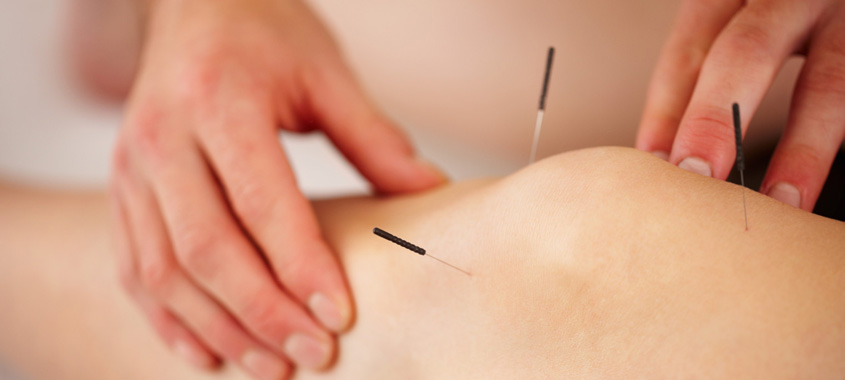Acupuncture is an ancient Chinese healing technique that has been getting renewed attention since 1997, when the United States National Institutes of Health published a report on the safety and effectiveness of acupuncture for treating a variety of different conditions. Today, many insurance companies also cover this type of treatment for relieving pain.
All kinds of research studies have been done on the benefits of acupuncture, which show that this treatment has been successful from many such problems as nausea, neck pain, migraine headaches, back pain, insomnia, depression, infertility, and anxiety.
Controlled research studies on acupuncture have shown success in treating a variety of conditions, symptoms, and disease. Among these include hay fever, dysmenorrhoea, depression after a stroke, gastrospasm, dysentery, depressive neurosis, facial pain, headache, biliary colic, induction of labor, hypotension, knee pain, low back pain, leucopenia, morning sickness, neck pain, nausea, vomiting, malpostion of fetus, dental pain, temporomandibular dysfunction, pain after surgery, renal colic, sciatica, rheumatoid arthritis, periarthritis of the shoulder, tennis elbow, sprains, and strokes.
Other issues that may be helped through acupuncture but have not been proven at this time include gastroenteritis, Bell’s palsy, dependency on alcohol, detoxification, acne, pain associated with cancer, Bronchial asthma, cardiac neurosis, and many others.
More research is needed to learn more about the benefits of this ancient Chinese healing method before we can actually determine if the technique will work with a variety of illnesses. Before deciding on trying acupuncture, it would be a good idea to speak with your physician. There may be side effects or dangers associated with using this method according to the disease or health problem you may be experiencing.
Before making a decision, it would also be best to learn more about the procedure and only use a licensed acupuncturist that has experience working with individuals that have the same health issues as you do. Choosing an acupuncturist should be like choosing any physician to ensure that you are getting the best possible care. Once you have made the decision and chosen the acupuncturist, you should ask every question you can think of to ensure that you are comfortable with the process. You should ask questions about how successful the method has been with other patients in their care as well as how the patients are doing today. Talk with your physician once you have made the decision as well, as you may have to stop other treatment methods or medications. You can also ask what kind of acupuncture needles they will use for you. In some cases, medications may cause problems with the treatment, or you may not be allowed to take the medication while being treated with acupuncture. Your physician may also provide you with other suggestions to ensure your treatment goes well and that you are a good candidate for this type of procedure. This advice has been brought to you by Lierre.


